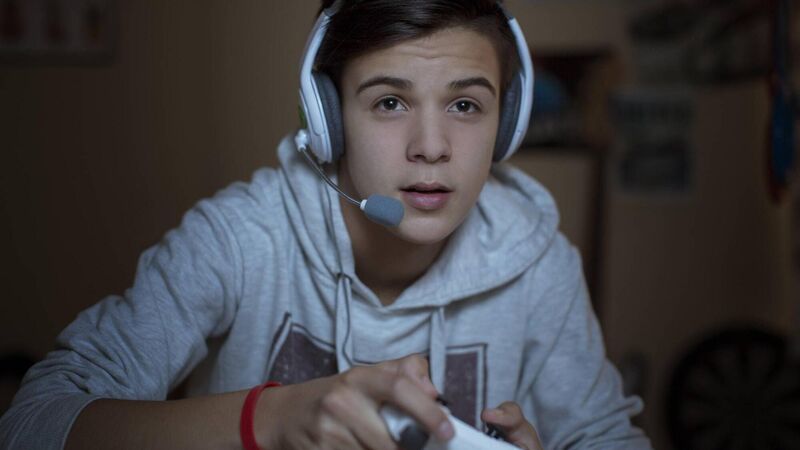Joanna Fortune: My teenage son's late-night gaming habit is a problem

Picture: iStock
This is one of those situations where if nothing changes, then nothing changes. And something needs to change. However, your 15-year-old doesn’t have the emotional or cognitive maturity to lead the change.
I suggest you approach his late-night gaming by using paradox as a strategy. You could say something like: ‘I owe you an apology. I got this wrong, and I am so sorry.
‘During the pandemic restrictions, I let it slide when you started gaming late at night. I didn’t follow up on this even though I could see how tired you were each morning.
‘That was not the right call on my part. In the future, we will have a better system in the evenings where all devices go off once homework is done and it’s time to wind down for bed.’
Of course, he won’t like hearing this. Regardless, it’s critical he is not blamed for the late nights and that you keep the doors of communication open.
When we set boundaries for our children, we can expect them to test, push against or outright defy those boundaries.
It can be difficult to withstand the emotional, behavioural, or verbal protests of a teenager who does not agree with the limits we set for them.
However, it’s essential that we hold the boundary gently but firmly in place. They must learn that defiance or a meltdown is an ineffective way to get what they want.
Boundaries for teenagers need to be flexible and adaptable. You will get better results if you can set these limits with your son rather than for him. This calls for compromise on both of your parts.
If it’s too difficult for him to stick to the new bedtime schedule, you could, for example, offer to turn off the wifi after 9pm.
Or you might say he can do his gaming until 9pm each night once homework is complete.
Try negotiating, saying: ‘OK, how about 9.45pm once you are in bed for 10pm’.
You are being flexible with him but staying within your boundary of being in bed by 10pm or whatever time you decide.
You might also let him know that you can be more flexible on a Friday or Saturday evening, but he must be in bed by midnight on those nights, for example, because he can sleep in a bit later.
Start by getting your midweek routine working better for you both, and then sit and review it with him.
The meltdowns you mention speak to how the current situation doesn’t suit him but habits, once formed, are difficult to break.
He needs you to be the person in charge and guide him through his night-time routine. That calls upon parents to be strong yet kind in how they approach the matter.
- If you have a question for child psychotherapist Dr Joanna Fortune, please send it to parenting@examiner.ie






